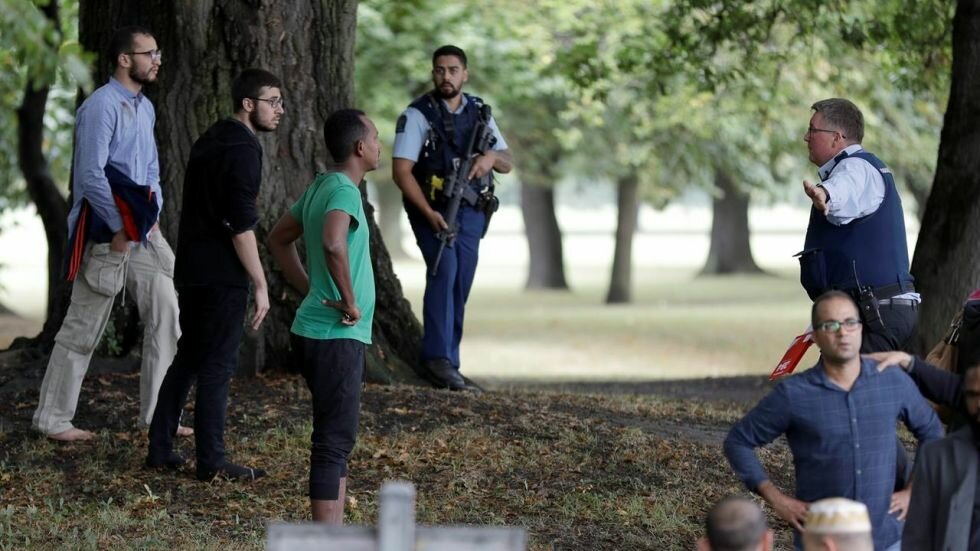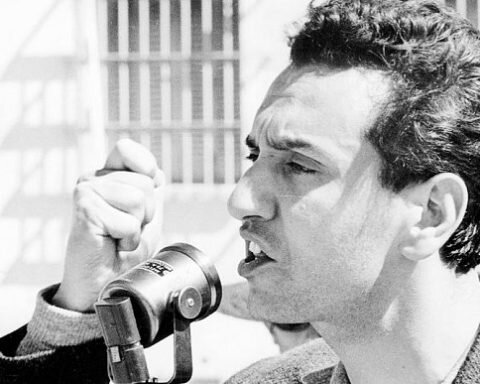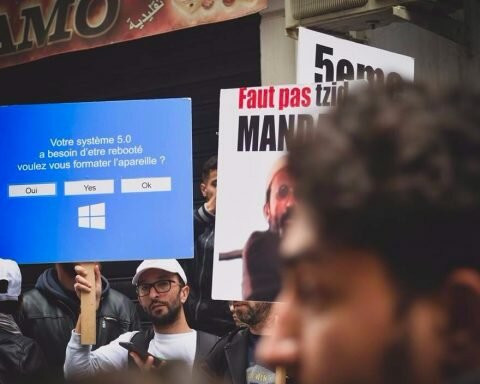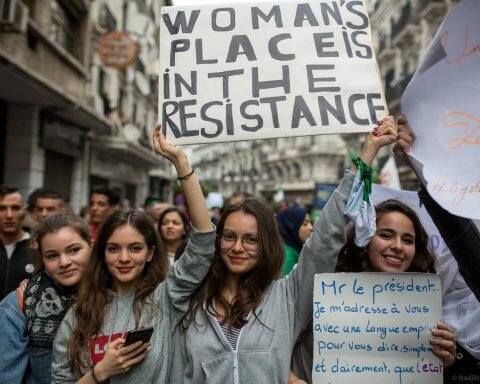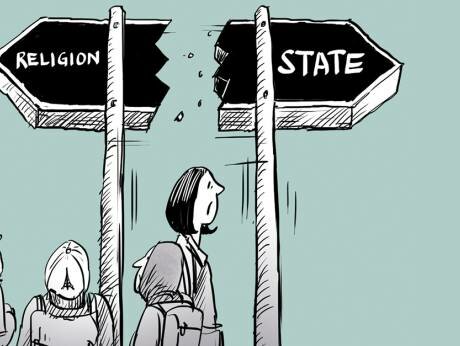After the New Zealand shooting that saw the killing of at least 49 Muslim worshippers in two mosques in Christchurch by Brenton Tarrant, a 28-year-old man from Australia, a far-right Australian senator blamed “the immigration program which allowed Muslim fanatics to migrate to New Zealand”.
Senator Fraser Anning from Queensland – Australia – put out a statement condemning the attacks. “I am utterly opposed to any form of violence within our community, and I totally condemn the actions of the gunman,” said the senator. However, at the same time, he seized the opportunity to spew incendiary and Islamophobic remarks affirming that “the real cause of bloodshed on New Zealand streets [was] the immigration program which allowed Muslim fanatics to migrate to New Zealand in the first place.”, and speaking about “ the growing fear […], both in Australia and New Zealand of the increasing Muslim presence.”
Fraser Anning is known to make inflammatory and racist comments. He was kicked out of his political party, Katter’s Australian Party (KAP), in October 2018 after he made an immigration speech in August questioning Muslim and non-English-speaking immigration. In this speech, he called for a “final solution” to the problem, an obvious reference to Hitler. “The record of Muslims who have already come to this country in terms of rates of crime, welfare dependency and terrorism are the worst of any migrant and vastly exceed another immigrant group,” he said in his maiden speech.
Australian Prime Minister Scott Morrison denounced Anning’s remarks following the New Zeeland shooting and called them “disgusting.”
Beyond this new polemics, it should be noted that Islamophobia has been on the rise in Australia for a few years.
According to a 2016 report by the University of South Australia’s International Centre for Muslim and non-Muslim Understanding, entitled ‘Islamophobia, social distance and fear of terrorism in Australia’[i], “While one in ten Australians displays strong feelings of Islamophobia, an overwhelming majority of Australians don’t share these feelings.”
However, according to Scott Poynting and Linda Briskman [ii] who do not hide their pessimism, Islamophobia has penetrated all the fringes of Australian society and has been trivialized over time: “Islamophobia has progressed from a fringe element in Australian society to a position of respectability through its institutionalization in public and private spheres. There is not one area of public policy that is untouched, escalating in scope since nine cabinet members of the Australian parliament in 2015 made statements about terrorism or proposed initiatives to tackle it […] Right-wing groups that operate in both the public and social media realm, now have their mission taken up by ‘the respectables’, including parliamentary representatives, architects of new laws, academics, teachers, and social workers. “
A research[iii] conducted for the Melbourne Social Equity Institute in 2015 finds that the most important driver of negative attitudes towards asylum-seekers is religious prejudice, sometimes expressed as concern about the “Islamisation” of Australia. The report says that this phenomenon is linked to two aspects, which feed into each other: “The first is a view that Islam is an intolerant religion. In this view, Muslims demand that the rest of society tolerates Islam, but are not willing in return to show equal tolerance to non-Muslims. The second aspect is that Islam is seen as inseparable from the threat of terrorism.”
Today, Muslims around the world are calling on Western governments to tackle the phenomenon of Islamophobia in order to prevent new attacks from occurring. Nevertheless, they know that this will be an intensive process requiring a real political will, means and time.
[i] http://www.unisa.edu.au/siteassets/episerver-6-files/global/eass/mnm/publications/islamophobia_report.pdf
[ii] Poynting, S. & Briskman, L., ‘Islamophobia in Australia: From far-right deplorables to respectable liberals‘ (2018), Social Sciences, 7(213)
[iii] Research of the Melbourne Social Equity Institute

